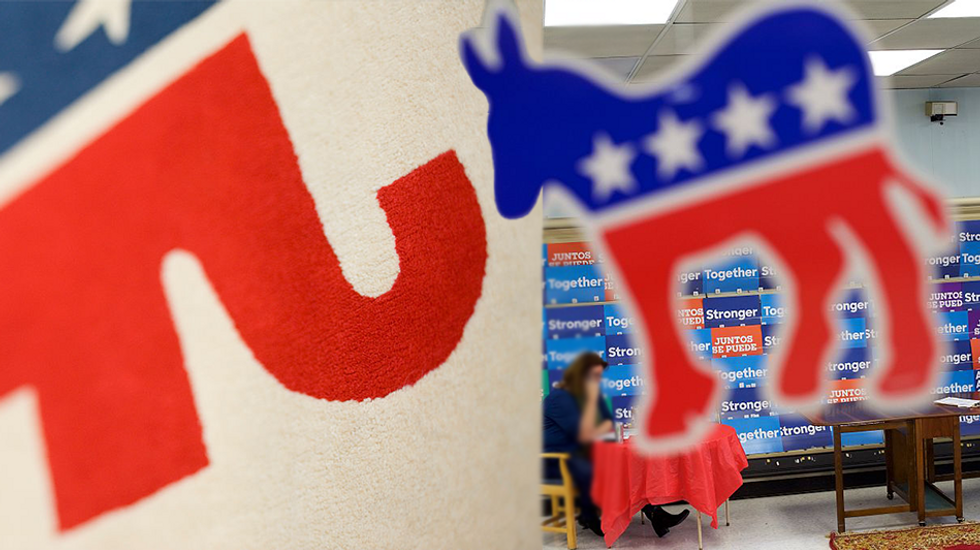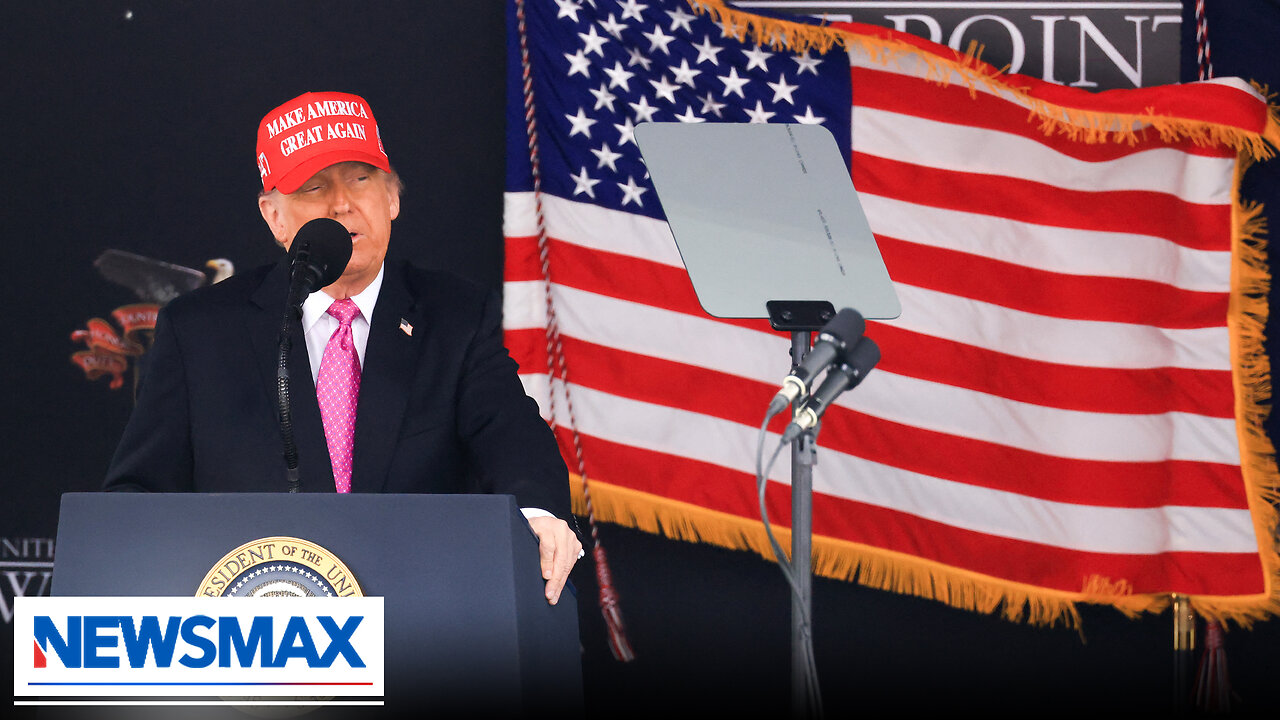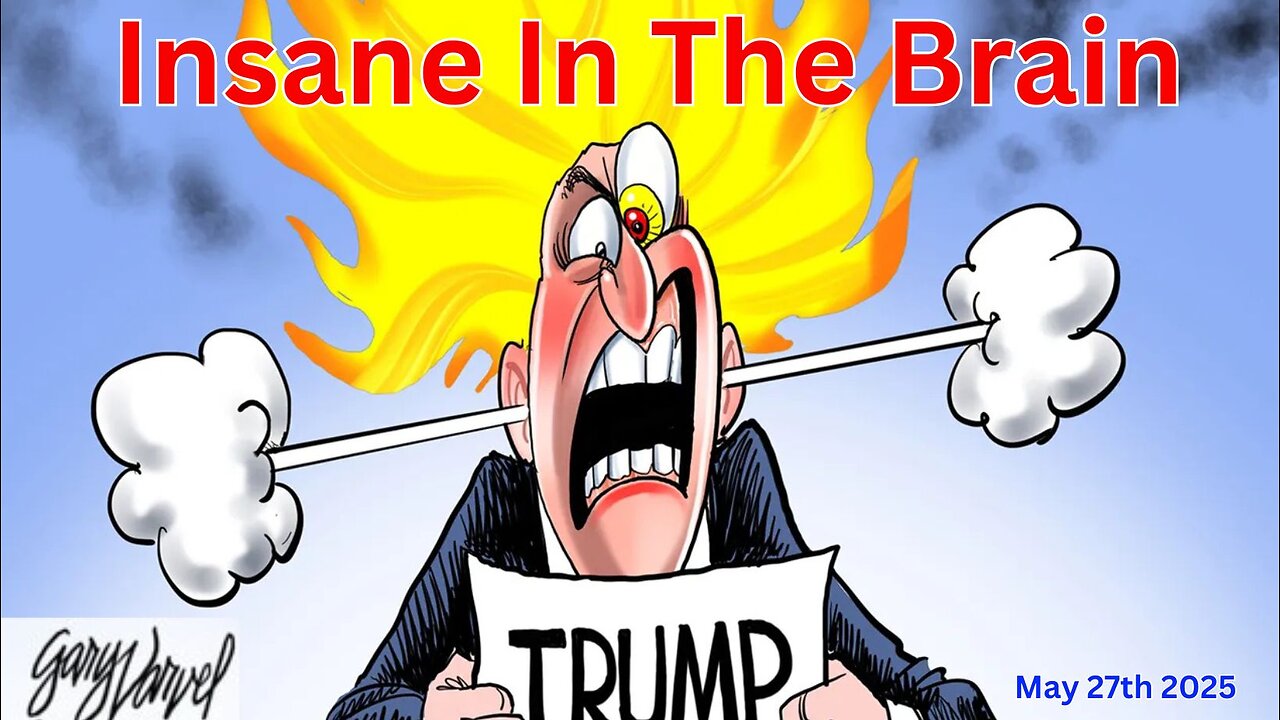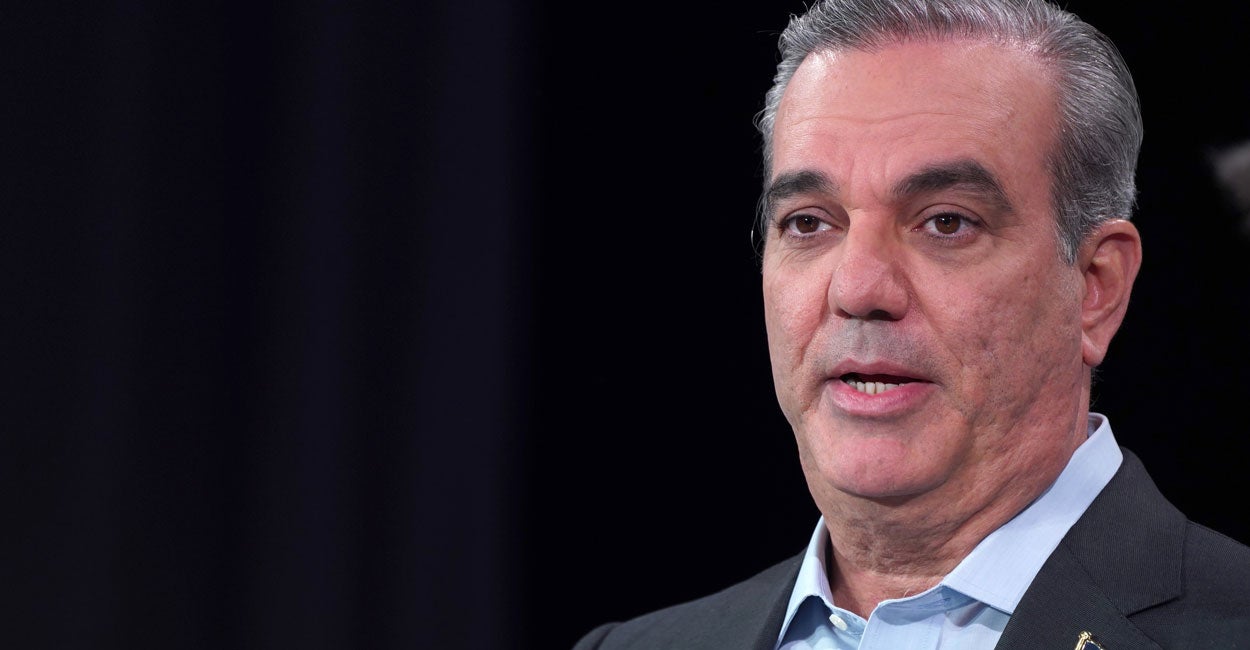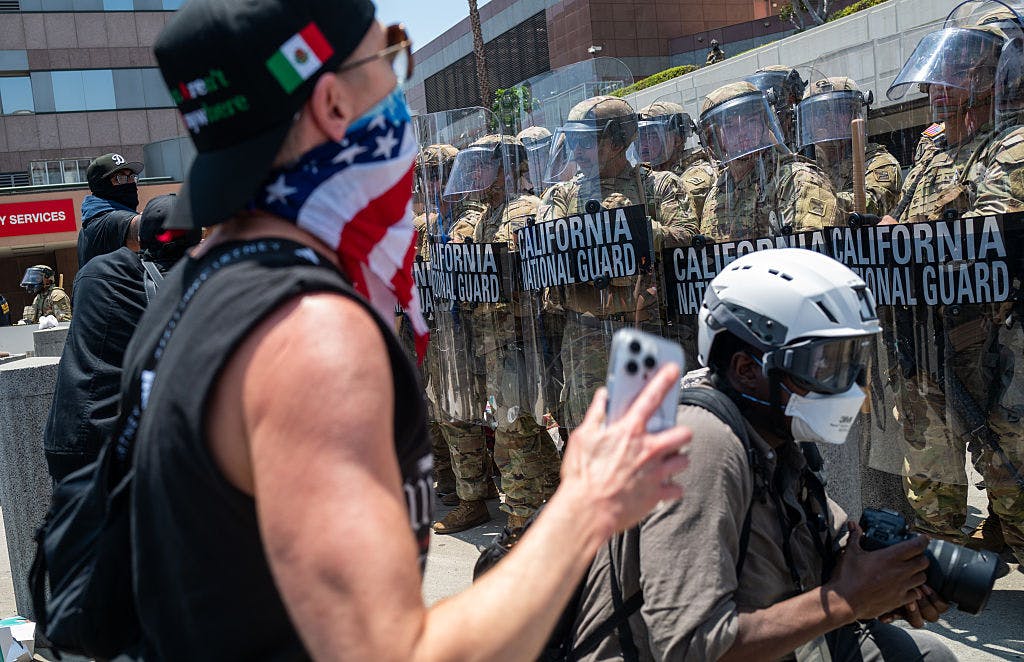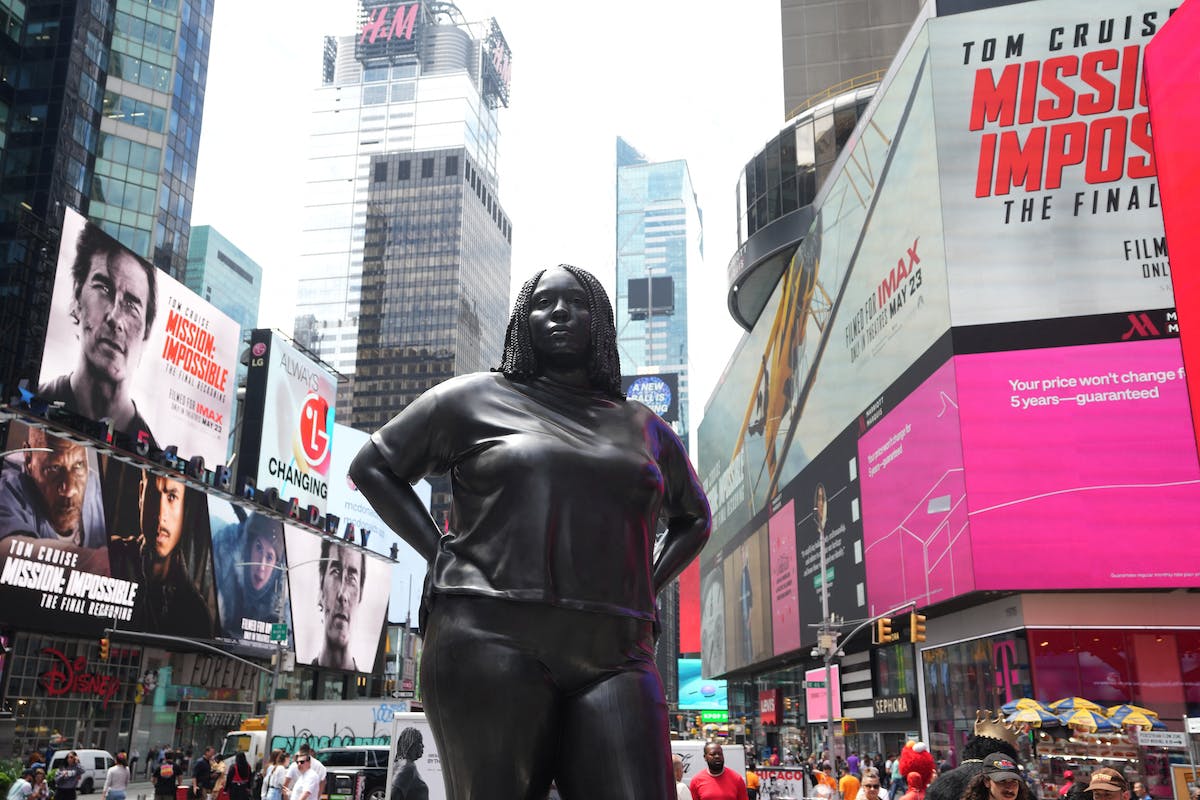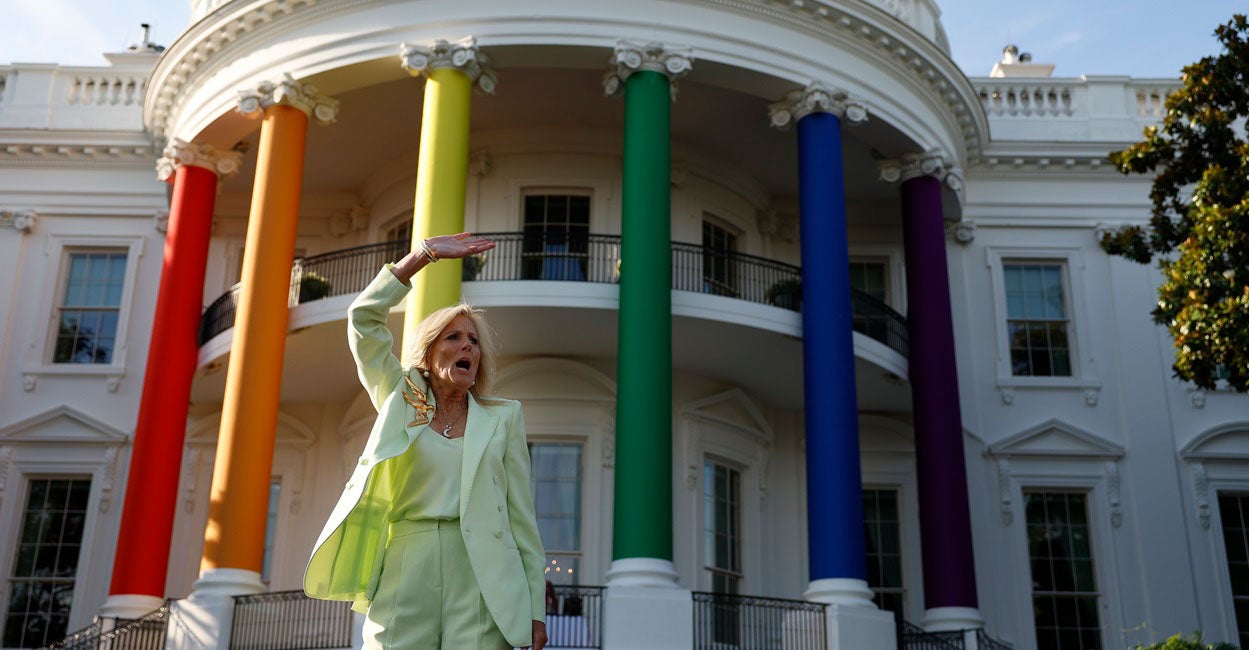Target struggles after ‘Bud Lighting’ itself
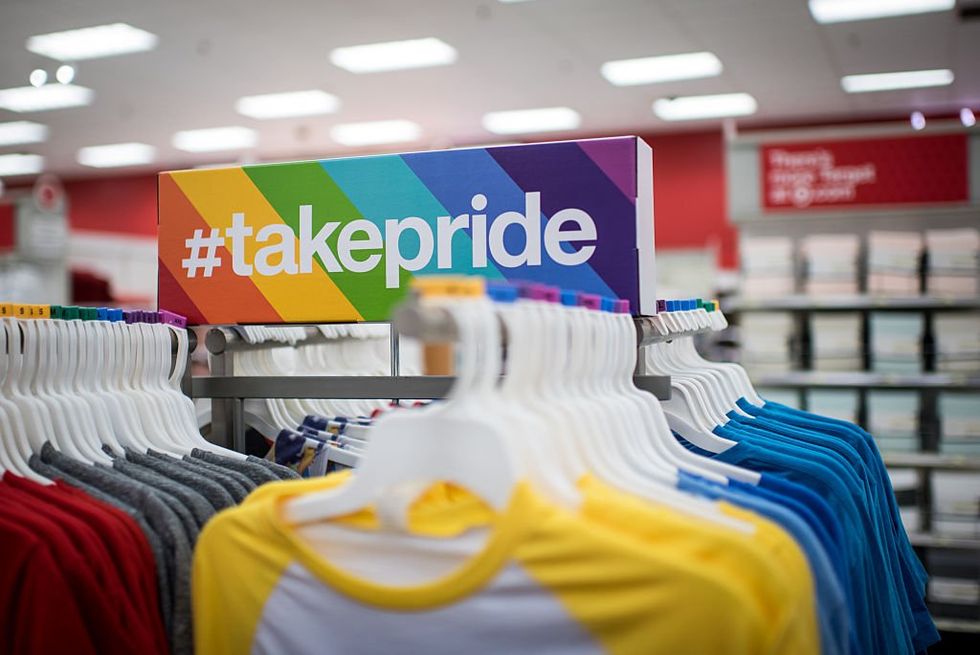

Analysts and “experts” must finally acknowledge that Target caused permanent damage to its brand when it began marketing LGBTQ products to children as part of its Pride Month promotion in mid-2023. Target’s ongoing financial struggles are not due to inflation, supply chain issues, or any of the other challenges that have not significantly impacted its competitors.
It is now evident that Target "Bud Lighted" itself. Much like that permanently damaged beer brand, Target bears a reputational stain that continues to repel customers. The retailer remains trapped in a dungeon of consumer rejection, unable to recover.
Working for a hyper-woke organization like Target is never easy.
Target released its latest earnings report for the quarter ending July 31, 2024 (the third quarter of its fiscal year) and once again delivered “unexpectedly” poor results. The company fell well short of analysts’ predictions, with same-store sales continuing to show a year-over-year decline from an already dismal prior-year quarter.
The results were catastrophic. Revenue and net income came in far below previously announced guidance, causing the stock to plummet more than 20% in a single day, hitting a new 52-week low. Even worse, Target was forced to revise its guidance for the remainder of the fiscal year. Bloomberg News reported, “Target Corp. trimmed its full-year earnings outlook after a flat sales quarter and a buildup in inventory hurt profitability.”
In simpler terms, Target’s persistent underperformance has rendered its previous budgets inoperable. Those forecasts assumed revenue from customers who are no longer shopping at Target. With these assumptions removed, it’s clear the lost customers are not coming back.
Meanwhile, Walmart is doing great. Its quarterly profit and revenue exceeded projections, prompting the retailer to raise its guidance for the future. Inflation and supply chain issues appear to have little impact on Walmart compared to Target. More realistically, many former Target shoppers are now spending their money at Walmart.
One key metric from the recent quarter speaks volumes: Walmart’s year-over-year same-store sales rose by 5.3%, while Target’s same-store sales fell 1.9%. Notably, Target’s decline comes on top of a depressed figure from the same quarter in 2023, the first to reflect consumer backlash against the company. Even worse, Target’s revenue has continued to decline in a high-inflation environment. A retailer typically needs at least 3% annual revenue growth just to match inflation. Adjusted for inflation, Target’s revenue decline is even more significant.
The table below shows annual revenue trends for Target and Walmart over recent years. Target saw solid growth until 2023, often outpacing Walmart. Since the consumer boycott began in May 2023, however, Target’s revenue has steadily declined, even when accounting for new store openings.

Some analysts are beginning to recognize the severity of Target’s continued decline, even after its initial revenue plunge in 2023. Neil Saunders, an analyst with Global Data, told CBS News, “Sales have virtually flatlined and have done so against the backdrop of a very poor prior year, and this has occurred during a quarter when multiple banner events — among them, back to school, Halloween, and deal weeks and days — should have helped to drive spending.”
Despite this, many analysts and business publications refuse to acknowledge the true reason for Target’s crisis. The retailer faces a growing boycott because it has embraced a deeply unpopular woke agenda.
In 2016, Target opened its women’s restrooms to men, a policy that remains publicly available on its website.
Target has also embraced a pro-criminal policy, with one California sheriff criticizing Target for stopping him from arresting shoplifters in the store. It is unconscionable that an employer would effectively require that its employees aid and abet criminal activity in its stores, but that is what happened at Target.
Working for a hyper-woke organization like Target is never easy. Recently, Blaze News reported that a North Dakota woman was fired from Target for displaying the words “Trust in Jesus” on her name tag. While employees were allowed to promote LGBTQ messaging on their name tags, promoting Christianity was not tolerated. Target later apologized and offered to rehire the woman, but only after the anti-Christian discrimination she faced drew widespread attention.
You might think Target would reflect on its sales collapse and the backlash to its hyper-woke agenda, but that hasn’t been the case. CEO Brian Cornell has firmly defended the company’s controversial policies. In a 2023 interview on CNBC’s “Squawk Box,” Cornell dismissed conservative backlash against Target, even likening it to the eruption of violence after George Floyd’s death.
Despite Target’s declining performance, Cornell received $19.2 million in compensation in 2023, up from $17.7 million in 2022. Regardless of how much he is paid, Target cannot afford for his leadership and its divisive policies to continue driving the company into the ground.
The good news? Walmart recently announced it was stepping back from the DEI agenda. To remain competitive, Target will likely need to abandon its alienating policies as well. If it doesn’t, Target risks following in the footsteps of Kmart and Sears, as consumers have already cast their vote on its woke objectives.
Originally Published at Daily Wire, Daily Signal, or The Blaze
What's Your Reaction?
 Like
0
Like
0
 Dislike
0
Dislike
0
 Love
0
Love
0
 Funny
0
Funny
0
 Angry
0
Angry
0
 Sad
0
Sad
0
 Wow
0
Wow
0
